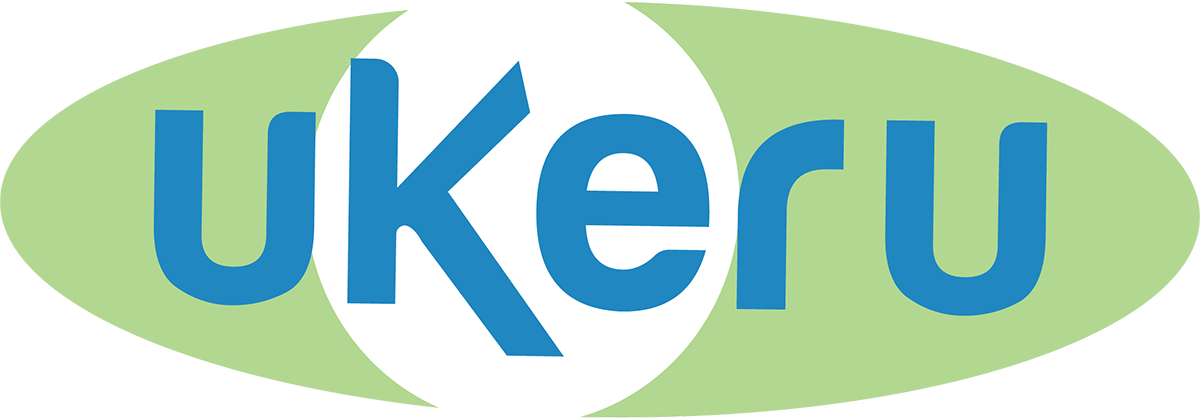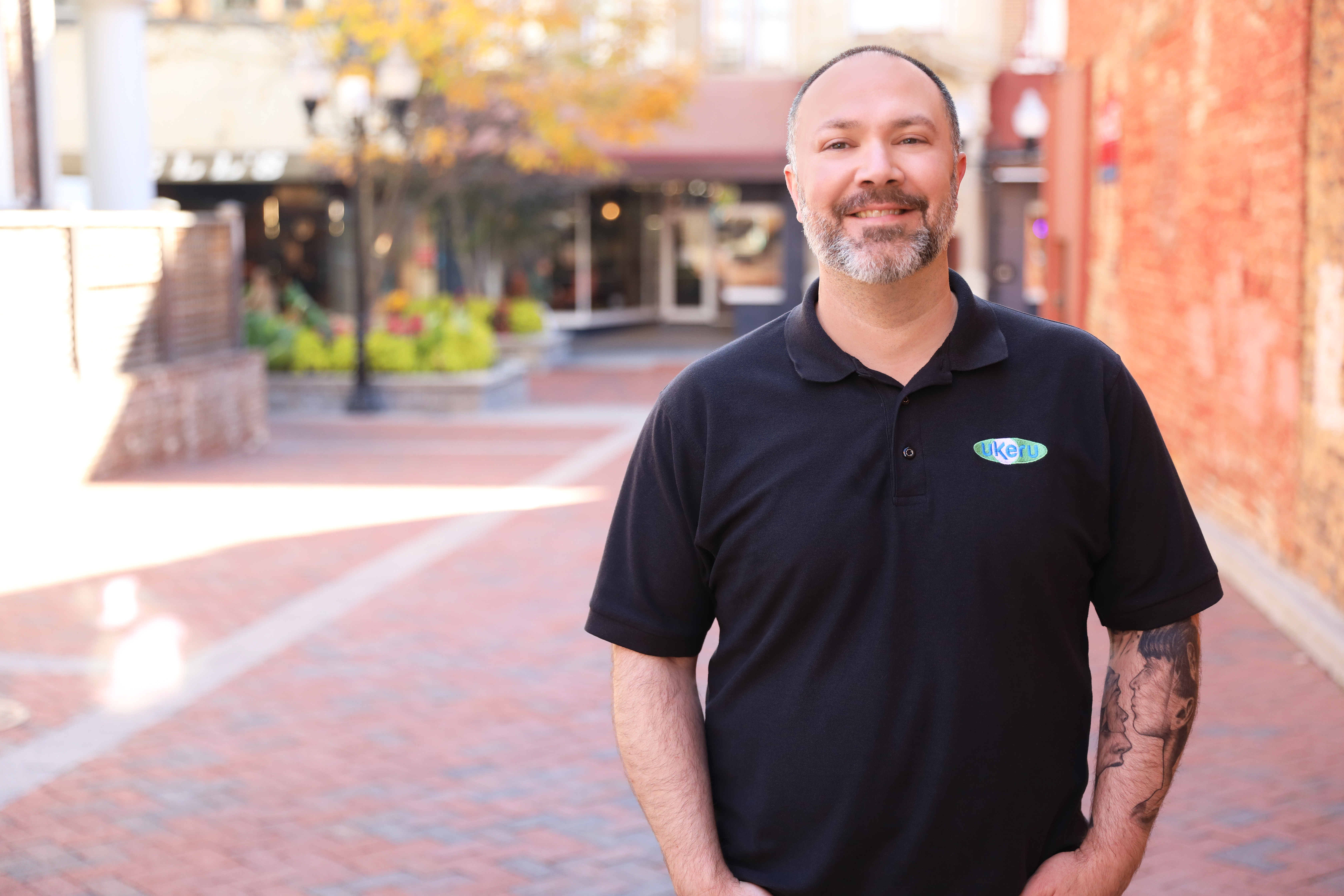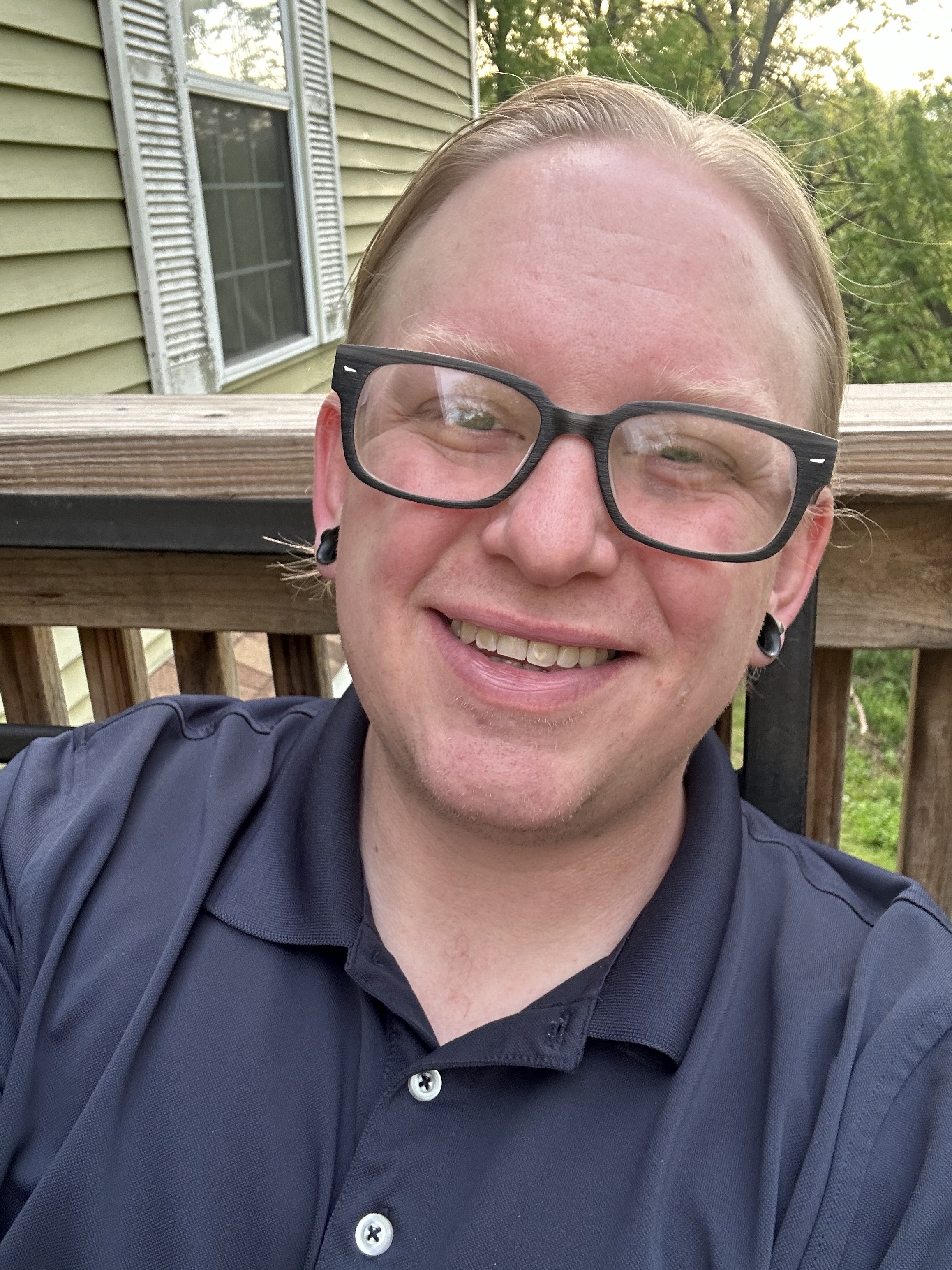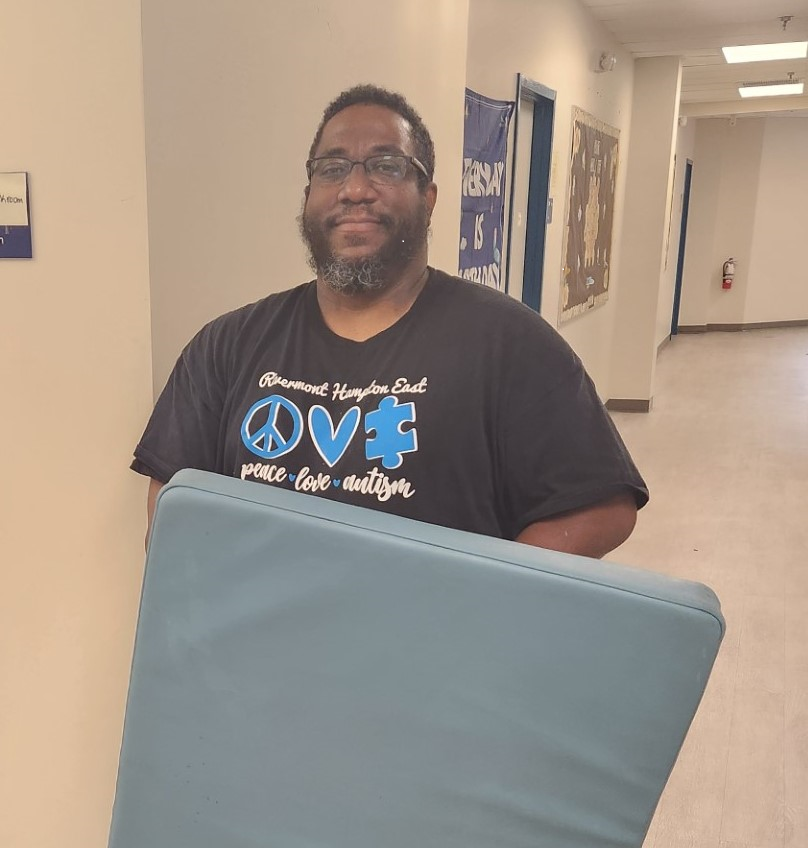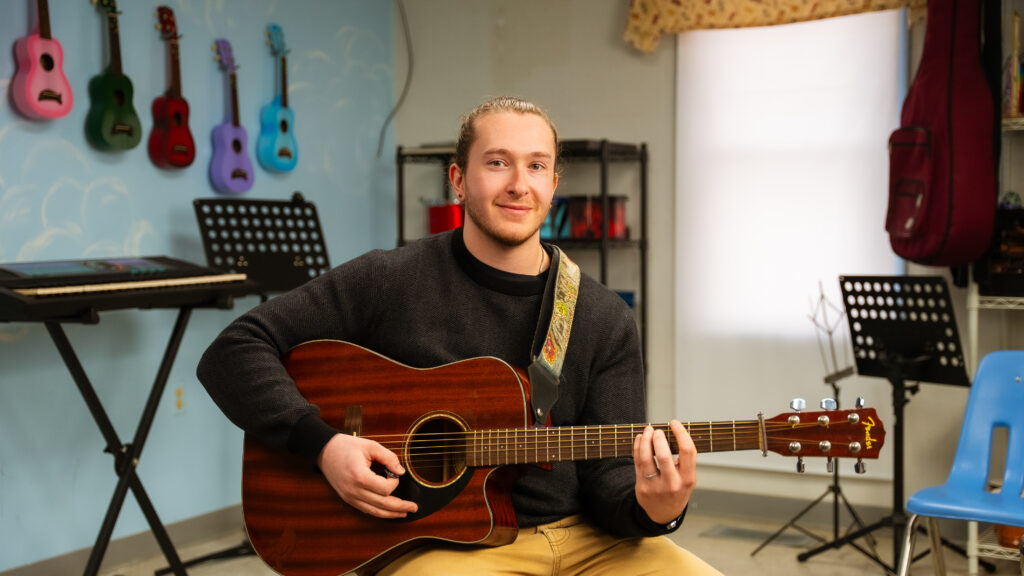
The fusion of Music Therapy and the principles of Ukeru presents a harmonious approach to addressing various emotional and behavioral challenges. Music Therapy captures the transformative powers of sound and rhythm to help facilitate emotional expression and healing. Milo Levine, the newest Music Therapist for our company – Grafton – is ready to press play on utilizing music to help students, and staff, become maestros of their emotions.
Levine, who earned his bachelor’s degree in music therapy, was drawn to this profession because of its roots in psychology. He understands first-hand how music is transformative in how it can regulate and help identify various emotions, and most importantly, put them into words.
“I think that songwriting has been incredibly therapeutic for myself, and it is actually one of my primary devices within Music Therapy for a lot of my clients,” he said. “I think that there’s something very therapeutic about being able to get feelings into songs that are sometimes repressed or it’s difficult to just say.”
Even though Levine has only been with Grafton for a short time, he has already witnessed the impact music can have when emotions become heightened. In one instance that occurred shortly after he joined the team, Levine recalled that a client was upset and ran out of a classroom into the hallway. After hearing this, he grabbed his guitar and made his way over, hoping to help. The client had worked with Levine before and shouted “the music man” as soon as he spotted him with his guitar in hand.
The two sat down and Levine started playing soft melodies, trying to get to the root of the issue and understand why the client became escalated. As soon as the music started flowing, so did the words.
“I didn’t have to prompt him, I was just playing calming finger picks and melodies,” Levine said. “He just started singing about how it’s sometimes hard to take space and we wrote an impromptu song about how we could better manage it in the future. It was impromptu but it was definitely a pretty awesome experience for my first month here.”
Levine, who plays the piano, guitar, ukulele, and a variety of percussive instruments, is passionate about the impact Music Therapy will have on clients and staff. He explained that music can have lasting impacts on various aspects of development.
“Music therapy is a great tool for mental wellness in that it can really be used to regulate emotions,” Levine said. “Everyone has a song that they can pick out and it just calms them down or brings them back to a certain place and that can be incredibly beneficial, especially a lot of our kids when they are escalated…finding that song or things that relax them when they are triggered could be incredibly important to their mental wellness.”
Levine utilizes music to help calm his emotions and even help while he is exercising, noting that heavy metal is a favorite choice, and listening to calming, folk music is his go-to when driving home from work.
“I think that everyone has one song that they can connect to as, ‘this song calms me down, this song validates that I’m angry, this song validates that I’m sad,’” he said. “Being able to identify those songs and how they can influence your mood positively is a huge tool for all of us throughout life.”
Part of Ukeru training identifies various calming strategies that can help soothe heightened emotions. In addition to music, other calming strategies include reading a book, coloring, deep breathing, exercise, and writing in a journal, to name a few.
Ukeru’s Performance Architect, Allison Hairston, shared that music is taught as a calming strategy during training because it helps to not only regulate emotions, but to also relax the brain. “We discuss different calming strategies that we all use day-to-day, including listening to music,” she explained. “It’s important to recognize what helps our clients regulate their emotions and make sure we provide them when needed.”
Christopher Feltner, Ukeru’s Training Architect, has not only seen the benefits of music with clients, but in his own life. Like Levine, Feltner said he uses music as a calming strategy on a regular basis, noting that he often matches the music to his mood and for him, it’s not difficult given that his music collection is expansive.
“Sometimes I want the music to match how I’m feeling and sometimes I want contrast,” he said. “I have too many favorite artists and songs. My collection, physical and digital, is immense and oddly varied. Sometimes I want slow, sad music. Other times I want upbeat styles like House or Salsa. Sometimes I just want to rage with Grind or Hardcore.”
Feltner added that he also plays music to help regulate his emotions, which is something that he has learned to perfect throughout his life. “I grew up internalizing way too much and expressing way too little,” he said. “Playing music has helped me through many times over the years.”
In addition to notes of harmony through Music Therapy, Levine has also experienced the power of using Ukeru in his classroom and has quickly discovered how the principles and practices are helping to create strong rhythms of healing.
“It [Ukeru] is a kinder approach to meeting the clients where they’re at, so when they do have aggressive behaviors, or acting out, rather than just the first thing being to put them in a restraint and remove them from the classroom, it’s trying to de-escalate,” he said. “It’s backing up and giving them space…keeping them safe in that instance and keeping yourself safe.”
Levine added that the staff has been incredibly helpful teaching Ukeru techniques and principles to help him best understand how to implement the concepts in his classroom. “I think training wise, they [staff] have really set me up well,” he said. Levine went on to say that the staff have helped provide realistic, on-the-job training and valuable knowledge on trauma-informed care and de-escalation techniques.
With a masterful blend of Music Therapy and the principles of Ukeru, Levine hopes to compose a melodious journey towards serenity and solidarity with clients and staff at Grafton’s Berryville campus.
“Music Therapy in my opinion is incredibly important for the well-being of our students and staff in that it is a proven method to improve overall wellness,” he said. “Whether that’s emotional wellness, physical wellness, spiritual wellness, etc. Just holistically, music is a great tool for making us feel what we need to feel, when we need to feel it.”
